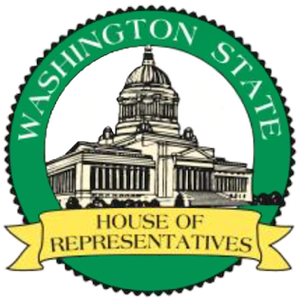The Washington State House Commerce and Gaming Committee (WA House COG) considers issues relating to the regulation of commerce in alcohol, tobacco and cannabis, as well as issues relating to the regulation and oversight of gaming, including tribal compacts.
Public Hearing
- HB 1210 - 'Replacing the term "marijuana" with the term "cannabis" throughout the Revised Code of Washington.'
Executive Session
- HB 1019 - "Allowing residential marijuana agriculture."
